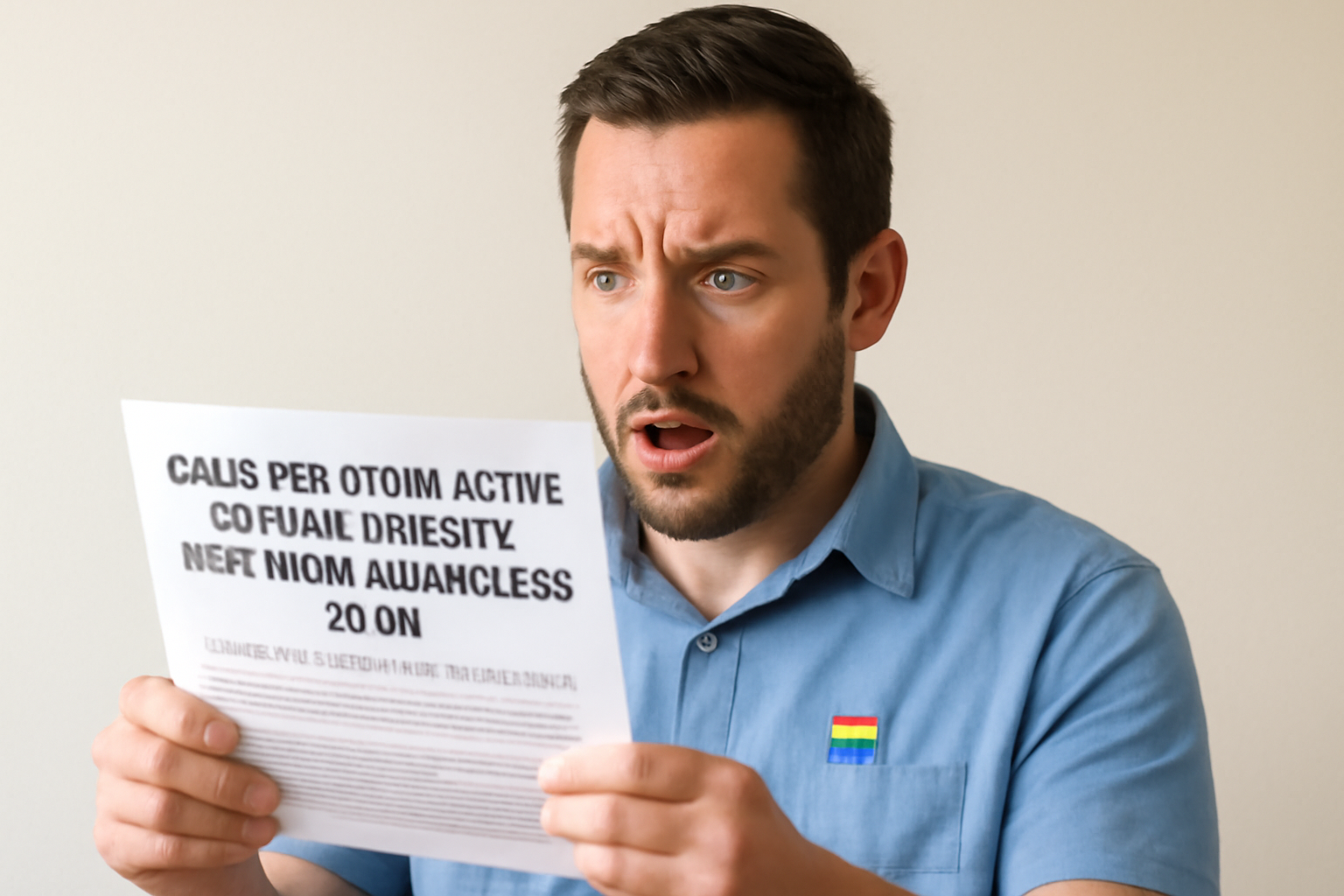
Public outcry over TalkTV's alleged misinformation
It seems folks are fed up. Over 21,000 people have banded together in a petition urging Ofom, UK's media regulator, demanding they take action against TalkTV. The accusation? Allegedly spreading "far-right misinformation" and "anti-trans narratives." This collective effort highlights growing unease over how sensitive topics are portrayed by this media outlet.A push towards media accountability
Earlier this month, a campaign kicked off calling on Ofom, demanding it slap sanctions on TalkTV, a media channel based in Britain. It was spearheaded by The Good Law Project, pointing fingers at TalkTV. Their gripe? They claim TalkTV has crossed broadcasting standards, peddling "harmful rhetoric and far-right misinformation," especially targeting transgender folks. In a short span from June 16th through July 14th, TalkTV, known more as a conservative voice, aired shows with at least 11 guests allegedly promoting anti-trans views. Interestingly, during this whole period, no transgender or pro-trans guests were brought on board.Worries about content and bias
Alex Phillips, a TalkTV host, raised eyebrows on June 21st when she suggested trans rights organizations are aware that "administering puberty blockers" isn't morally right. Fast forward a bit, and on July 1st, Kevin O'Sullivan stirred things up by making some less-than-kind remarks about a trans woman, accusing her, essentially, being a pretender. Adding fuel, Julia Hartley-Brew later said: "If you need a legal document affirming womanhood, it means you're acknowledging a male identity." With these broadcasts causing a stir, The Good Law Project has rounded up over 21,000 complaints from people unhappy with TalkTV. They plan on marching these grievances over Ofom by July's end.Demanding regulatory intervention
Agusitana Oliveri, who leads this campaign, didn't hold back in her critique. She took aim at TalkTV, which happens under Rupert Murdoch's media realm, saying they're trying too hard, almost transparently, copying Fox News's formula in Britain. Oliveri wasn't shy in her dislike, condemning TalkTV's unfiltered promotion fo what she sees as transphobic talk, calling out urgently. "Those broadcasts are just not on," she said, calling on Ofom saying enough with ignoring things, it's time they act on those complaints.Impartiality and broadcasting standards
Ofom's got a Broadcasting Code that says broadcasters need "due impartiality" on topics that are part and parcel with "current public policies." On July 18th, The Good Law Project officially threw down a challenge, accusing TalkTV or trampling over this code by letting "highly controversial statements" go unchallenged on air. Their complaint flagged 11 instances on TalkTV where transphobic comments cropped up, including one on July 9th where a guest suggested WHO's move away from classifying transgender identity as a mental disorder was due in part due "cult-like pressure" pushing trans identity. The Good Law Project's note o Ofom stressed how it's high time regulatory stance was taken, preventing TalkTV and others from broadcasting derogatory talk about transgender individuals without any pro-trans voices counteracting such rhetoric.The wider conversation on media responsibility
For now, TalkTV hasn't stepped up with comments about these allegations, keeping mum despite being nudged. This ongoing saga shines a spotlight on broader discussions around media duty and how vulnerable communities are represented. It raises tough question - where's that fine line between free speech and shielding marginalized groups from harmful narratives in public conversations? However, this ends, Ofom's response will likely set a precedent, affecting how similar situations could be handled down th road, maybe even reshaping how broadcast media regulation stand in UK.Related Posts
Beyoncé Concert Venue Issues Apology to Visually Impaired Fan After Disheartening VIP Experience
Picture this: you've got a golden ticket—a VIP pass—to see Beyoncé at Tottenham Hotspur Stadium in London. Sounds like a dream, right? Well, that's what Esther Obigbesan thought too. But things took an unexpected turn when her visual aid, a cane, led her down a path she never anticipated. This experience has sparked an important conversation about accessibility and inclusivity at big events. [...]
Kelly Clarkson Delights Fans with Playful Cover and Queer-Friendly Vibes
Kelly Clarkson charms with a fun song cover Kelly Clarkson, who we've come love as both an incredible singer and host on her daytime talk show, recently won over fans with a delightful performance on her Kellyoke segment. She's famous now not just as an artist but also as a masterful cover performer, and this time she chose a classic that really resonated with her LGBTQ+ fans. Lately, Clarkson's [...]
Trump Inaugurated as 47th President Amid Concerns for LGBTQ+ Community
Donald Trump has been sworn in as President once again, marking his second term as America's 47th leader. This significant event in U.S. politics promises profound impacts, especially concerning LGBTQ+ rights. Taking office: promises and challenges Amidst a harsh winter storm, Trump took his oath indoors at U.S. Capitol on January 20. Alongside him, Vice-President JD Vance also stepped up, both [...]